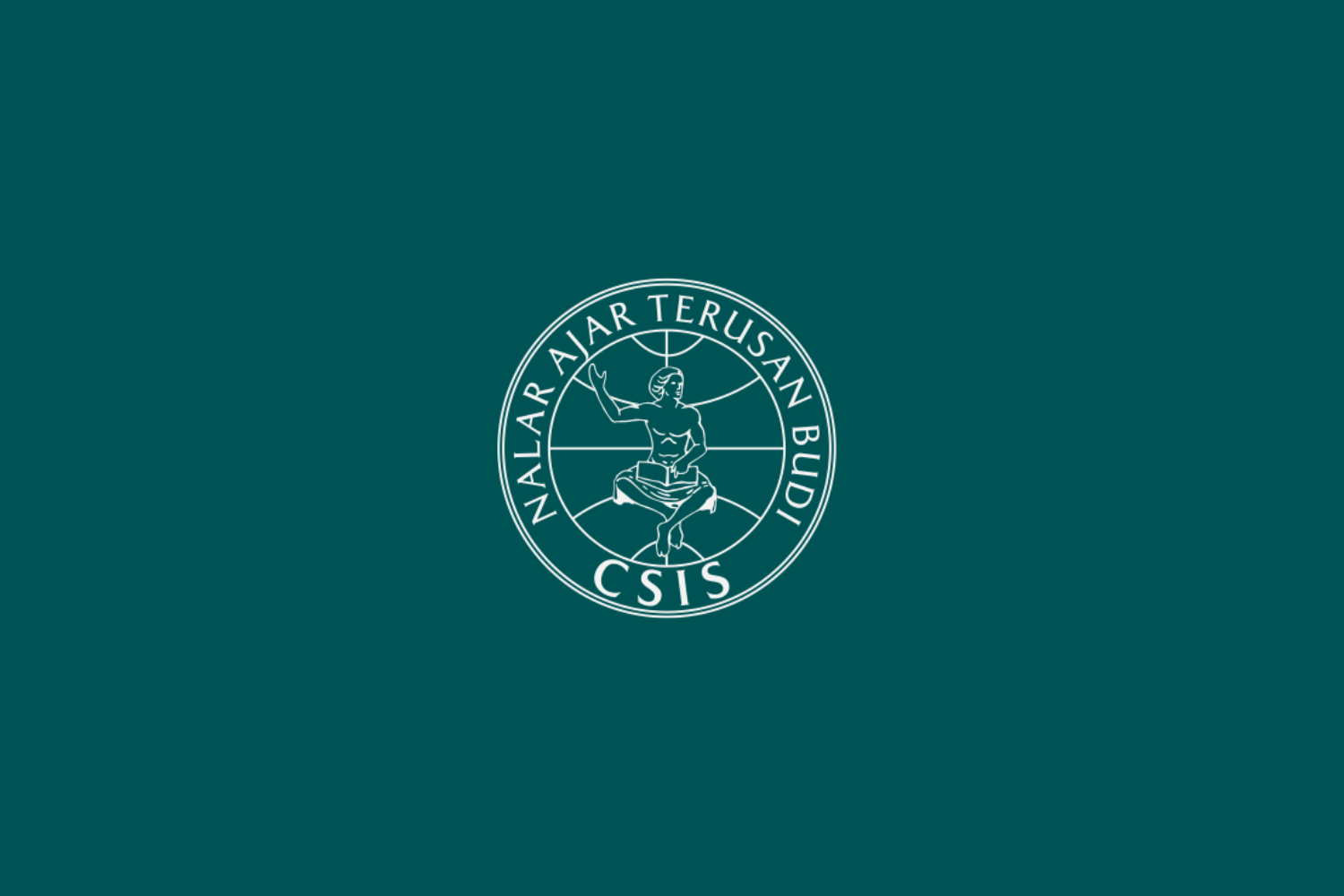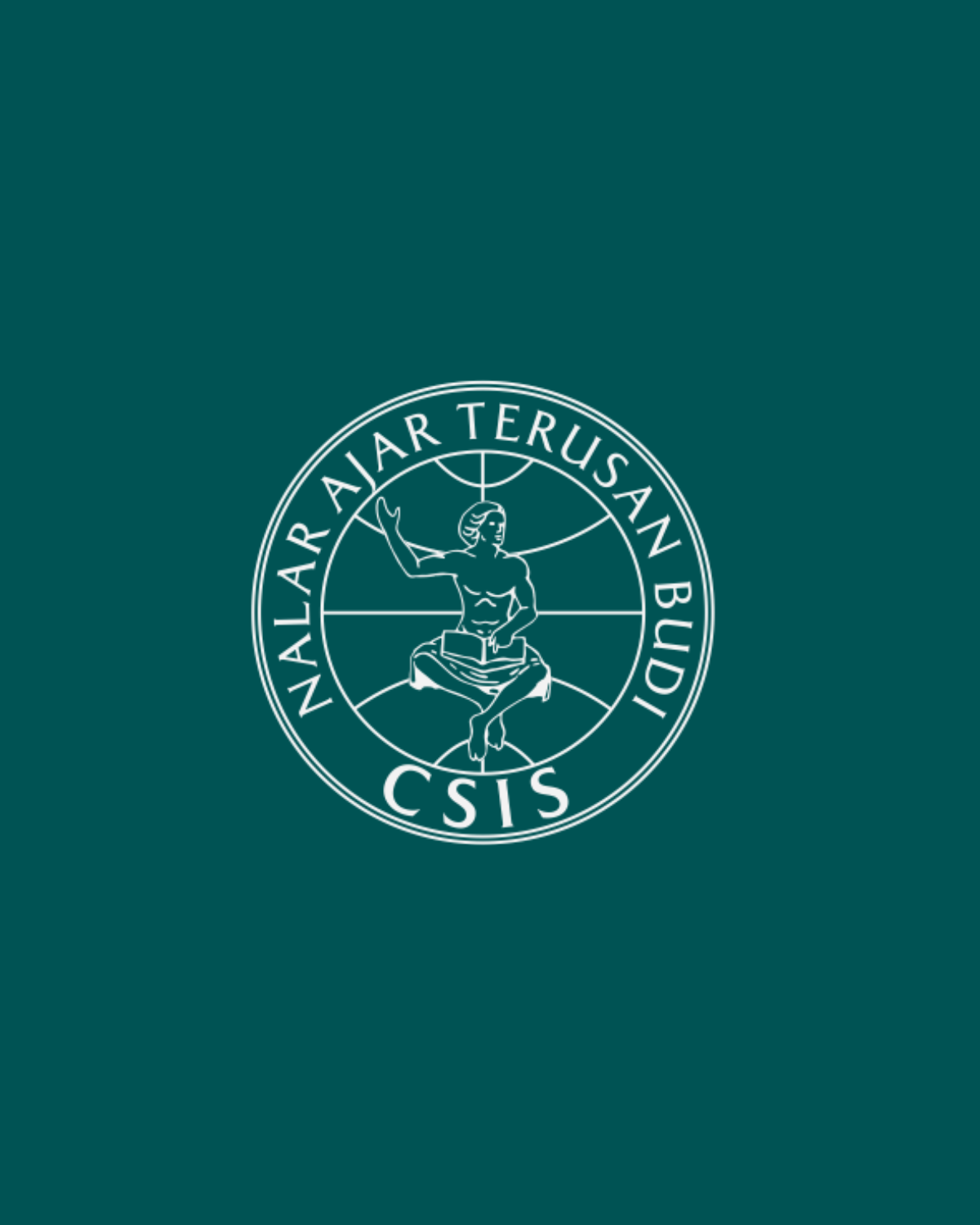Economics
The overall objective of our policy-oriented studies is to support the development of a sustainable economy in Indonesia- characterized by rapid, shared, participatory and environmentally friendly growth, the development of an open and competitive economic system, and the promotion of social justice, equity and equality for the society. Our research also supports economic development in the global economy.
Fields of study
Macroeconomic policies
The general objective of macroeconomic studies is to develop policies to achieve and support macroeconomic stability and sustainability for Indonesiain the long term. They include ongoing study of the current macroeconomic development; development of Indonesias macroeconomic modeling for quantitative assessment and forecast; and studies on specific issues (such as public and private debt) related to macroeconomic sustainability.
Trade and industrial policies
Studies in this area are aimed at the development of competition-based trade and industrial policies that are comprehensive, consistent, non-discriminatory, transparent and accountable. They include assessment of multilateral and regional economic arrangements, the impact of multilateral and regional trade liberalization on Indonesias economy through quantitative economic modeling, Indonesian competitiveness, and competition policies and anti trust laws.
Finance and banking policies
The focus of studies in this area is on the restructuring of the banking and the financial sector generally. In the aftermath of the 1997 crisis, the collapse of the financial sector, especially the banking industry, highlighted the necessity to rebuild and develop a sound financial system in the country. Past and ongoing studies include financial deregulation in Indonesiabefore and after the crisis, banking restructuring in Indonesia, regulatory and supervision structures, and prospects for regional financial integration in East Asia.
Labor, social, gender and environmental policies
Studies in this area cover the development of labour markets, including industrial relations and labour laws, the social impact of economic development, including poverty, equity and gender related issues. The current focus of the environmental studies is on the impact of the crisis on the environment, especially in the forestry-related sectors, and the formulation of policies to support cleaner industry and environmentally friendly economic growth.
Institutional economic policies
The focus is on the development of a sound institutional framework for the economy, including public and corporate governance, legal and regulatory issues, and the development of institutional capacity in the country to reduce transaction costs, create efficient incentive system, and promote transparency and accountability.
























